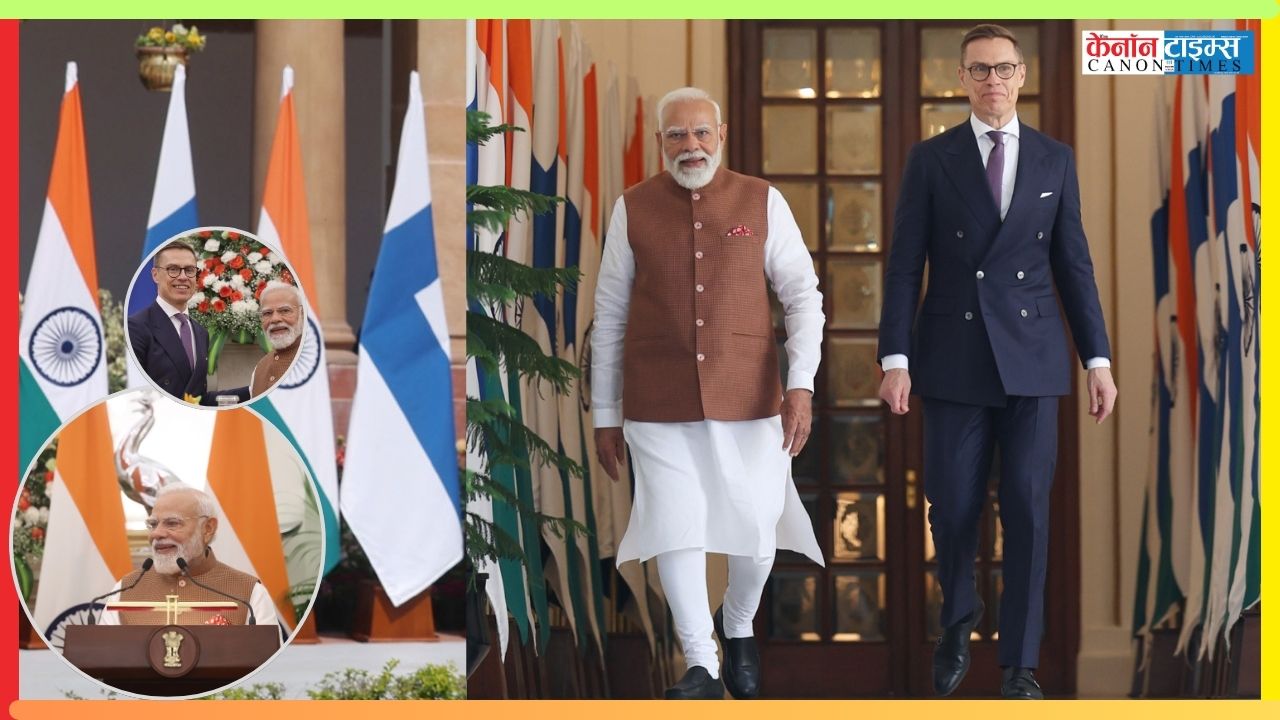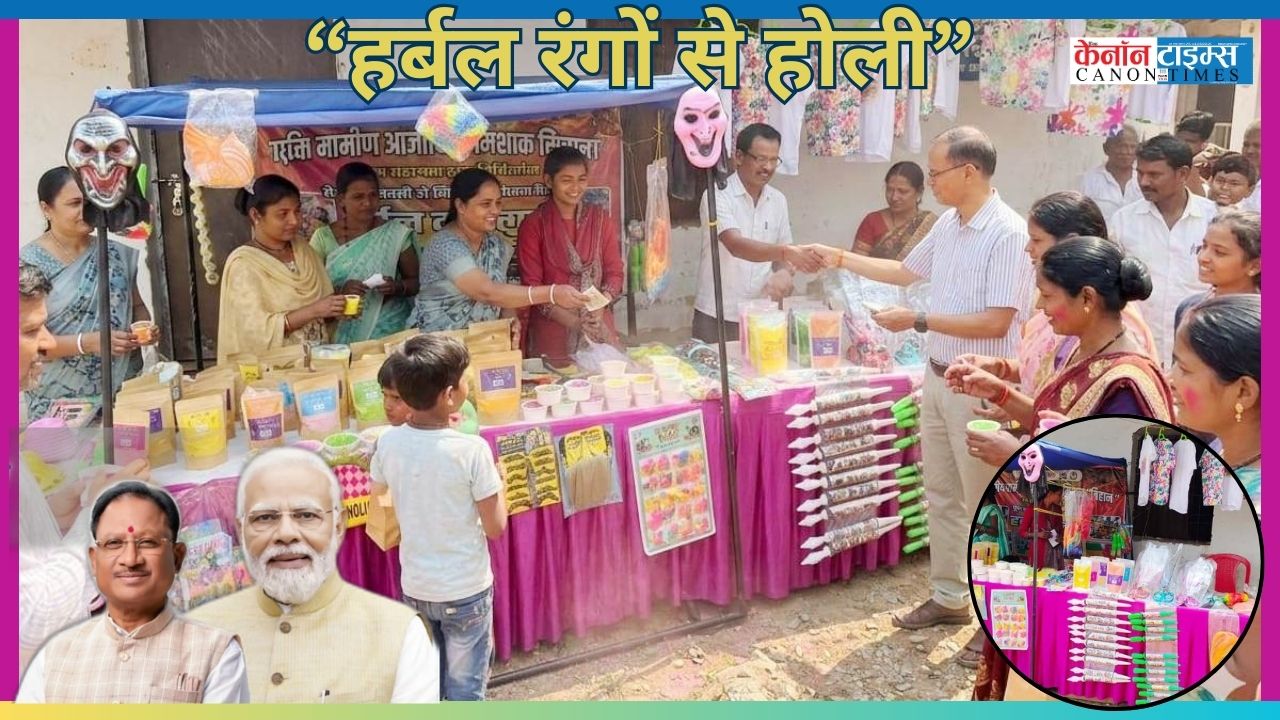The party essentially snatched defeat from Rahul Gandhi’s grasp in the Haryana Assembly elections, and it has now demoralized Rahul to the point where the party leaders in Maharashtra and Jharkhand are being told to bow to the disproportionate demands of Hemant Soren and Sundar Pawar, respectively.
Coalition building is always difficult due to the demands of competitive politics, particularly when there is no ideology or a contentious subject. When politics is boiled down to the bare struggle for dominance, no constituent enjoys being taken advantage of by another. The struggle for seat-sharing between the two opposing alliances in Maharashtra shouldn’t come as a surprise. In this case, it is typical. A flawed political system and an excessive number of potential chief ministers will inevitably lead to an unhappy outcome. Nevertheless, both coalitions must contend with internal conflicts, endure multiple departures and late admissions into their respective groups, and support each other’s opponents.
Regardless, each group of the Nationalist Congress Party and the Shiv Sena will want to demonstrate its superiority at the polls in order to support the assertion that it is the true heir to the undivided party, as two of the regional parties are separated in the middle.
At the moment, neither the Congress nor the BJP experience this kind of fractious conflict. However, the two major national parties had to make room for junior allies, giving up a lot of electoral space that they would have normally kept for themselves. Seeing how the Uddhav Sena and Sharad Pawar’s NCP have put further pressure on the Congress Party to change course is intriguing. It was somewhat of a self-goal. Rahul Gandhi showed unjustified ebullience following the Lok Sabha election, thinking that the party’s 99 seats would signal its eventual comeback to power.
Nothing in the real world could be further removed from the earth. On the shoulders of its partners, the Congress only rode to a respectable position in parliament; it had not regained its former fervor. Rahul acted haughtily after misinterpreting the result, disregarding the very supporters who had given him a reasonable amount of parliamentary support. His ignorance prevented him from understanding the first lesson of coalition politics, which is that no ally would support the development of its partner out of concern that it would eventually devour it. Rahul’s party most likely lost the Haryana Assembly election due of his unreasonable zeal.
It essentially stole victory from Rahul, and it has now demoralized him to the point where the party leaders in Maharashtra and Jharkhand, in defiance of their thoughtful and well-founded analyses of the Assembly prospects, are being told to bow to the disproportionate demands of Hemant Soren and Uddhav Thackeray, respectively. It’s possible that Haryana has already cost the Maharashtra Congress a number of seats.
Nana Patole and colleagues had good reason to demand more seats from the two partners in the Lok Sabha, as the Congress strike rate of over 75% was far higher than that of the SP-NCP and Uddhav-Sena. The 85-seats or 90-seats-per-each calculation, however, ignores the Congress’s considerable force and essentially puts the three constituents on equal footing.
Coalition management is a challenge for the Congress.
The late CPI(M) leader Sitaram Yechury, the UPA’s sutradhar, even enabled the unexpected creation of the party’s government in 2004 by teaching Sonia Gandhi how to resolve conflicts both within and between parties and how to patch up disagreements between partners. Previously, the late Harkishan Singh Surjeet, another CPI(M) leader, had been instrumental in uniting divergent factions to form a ruling coalition under Deve Gowda. The main issue is that the Congress party of today needs a political savvy and experienced leader to navigate the political maze full of power brokers and carpet-baggers whose only goal is to fill their own coffers with dirty money. Nothing greater demonstrates the Congress leadership’s foolishness than its refusal to run in any of the ten Assembly by-elections in Uttar Pradesh in spite of pleas from the local leaders.
A party that has a rich history and is almost 150 years old quitting the Republic’s largest state out of fear of losing does not bode well for its resurgence. The local leadership will become discouraged and be enticed to seek better opportunities abroad. Which leads us back to the leader, Rahul. He cannot play the role of the all-conquering hero one minute, defeating everyone who stands in his way, and then drop his weapons and give up, giving his opponents the field to seize without a fight. Being too happy with the Lok Sabha’s decision or depressed after Haryana were not signs of maturity. Following the Lok Sabha vote, it appears that the anti-Modi commentariat class was in a hasty rush to declare the arrival of the Gandhi scion. Rahul Gandhi’s continued immaturity is further highlighted by the way the Congress has permitted it to be pushed around by its partners in Maharashtra, Jharkhand, UP, etc. Forever.
Dr. Abhishek Verma
Author: This news is edited by: Abhishek Verma, (Editor, CANON TIMES)
Authentic news.






